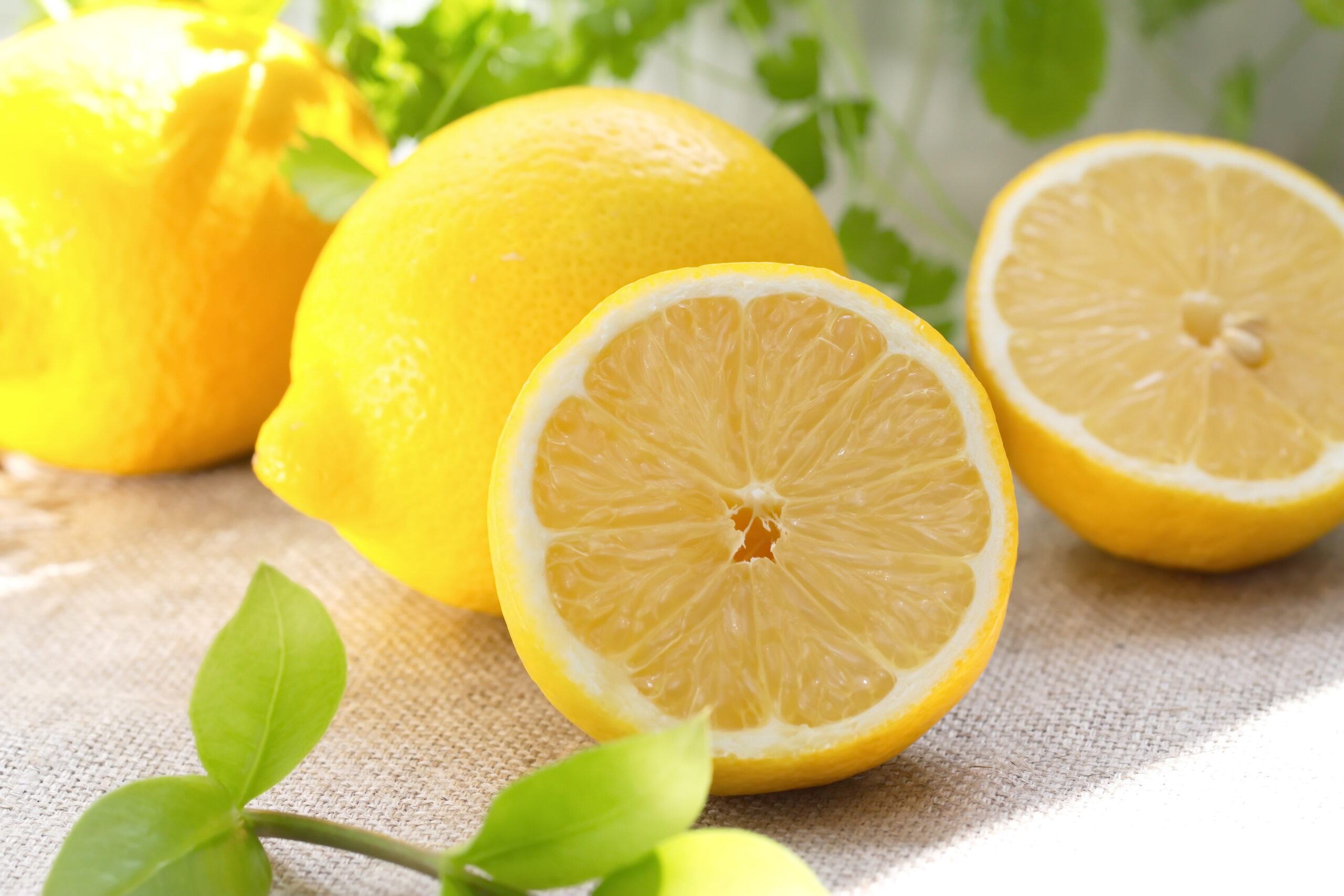Key Points/Overview
Citric acid is commonly used as a food additive for natural flavoring. It is often added as an emulsifying agent and preservative. Citric acid is also added to many canned and jarred foods to help prevent botulism.
Citric acid is used in cosmetics and personal care products to help brighten skin, correct dark spots and minimize fine lines. It can also be used to as preservative and to help adjust the products’ pH levels.
Citric acid is used to help kill harmful bacteria and help prevent infections on the skin’s surface that can be common in people with diabetes, the elderly and those who smoke.
Uses & Benefits
Citric acid is commonly used as a food additive for natural flavoring and as a preservative. It is also used in cosmetics, for medical purposes, as an antioxidant and in cleaning products.

Flavoring and preserving food
Citric acid can be added to processed and packaged foods and drinks such as ice cream, sorbets, sodas and wine. It is added as a preservative, emulsifying agent and for flavoring. Citric acid is also added to many canned and jarred foods to help prevent botulism.2

Antioxidant
Antioxidants, which are derived from citric acid, can help keep food edible over a longer period.5 For example, sprinkling lemon juice, which contains citric acid, over apples or bananas can help prevent them from turning brown. Ascorbic acid, better known as Vitamin C, is also found in citric acid and is often used to help protect and preserve soft drinks and meats.

Medical
Citric acid is used to help kill harmful bacteria and infections on the skin’s surface that can be common in people with diabetes, the elderly and people who smoke. Citric acid also can be combined with sodium citrate and potassium citrate to lower acid levels in the urine to help prevent gout attacks.4

Cosmetics and personal care products
As a personal care products ingredient, citric acid can help to brighten skin, correct dark spots and minimize fine lines.3
Products containing citric acid can be formulated for use near the eyes, lips, mouth and nasal passages, as well as for safe application to babies’ skin. Citric acid and its salts may also be used in hairsprays, deodorant and body sprays.
Sodium citrate, a salt of citric acid, is used in lipstick and soap. Citric acid and its salts can be used to preserve cosmetics and personal care products, and to help adjust their pH levels.

Cleaning products
Citric acid may be added to commercial cleaning products, as it can help remove hard water build-up on dishes and glassware. It also can be used to remove coffee and tea stains, yellowing/browning discolorations and water and urine stains.6
Some commercial products that contain citric acid are water-based and can cause corrosion on metals. To minimize and prevent rust from forming, dry the metal after cleaning it.

Safety Information
The U.S. Food and Drug Administration (FDA)7 states that citric acid is generally recognized as safe (GRAS) as a direct food additive.
Since the early 1900’s, approximately 99 percent8 of the world’s production of manufactured citric acid has been developed from black mold (the Aspergillus niger fungus). Black mold efficiently converts sugars into citric acid. Its fermentation is also generally recognized as safe by the FDA under its Federal Food, Drug, and Cosmetic Act.9
Excessive amounts of citric acid may cause tooth enamel to dissolve over time. The Academy of General Dentistry recommends foods containing citric acid be consumed in moderation. They also recommend rinsing the mouth after eating or drinking food and beverages that contain citric acid.10 Using a straw when drinking beverages that contain citric acid can also help minimize tooth decay. Drinking water and eating less acidic foods, such as nuts, bananas and cheese, when consuming foods that contain citric acid can also be beneficial.11
Sources
- Quantitative Assessment of Citric Acid in Lemon Juice, Lime Juice, and Commercially-Available Fruit Juice Products (nih.gov)
- Home Canning and Botulism | CDC
- Citric Acid – Cosmetics Info
- Citric Acid, Sodium Citrate, and Potassium Citrate | Memorial Sloan Kettering Cancer Center (mskcc.org)
- The importance of antioxidants in food | Eufic
- NMSU: Selection and Use of Home Cleaning Products
- CFR – Code of Federal Regulations Title 21 (fda.gov)
- Biotechnological production of citric acid (nih.gov)
- Microorganisms & Microbial-Derived Ingredients Used in Food (Partial List) | FDA
- Improper Consumption Of Acidic Foods Could Lead To Destroyed Enamel — ScienceDaily
- What Is Citric Acid, and Is It Harmful to Humans? (prevention.com)


